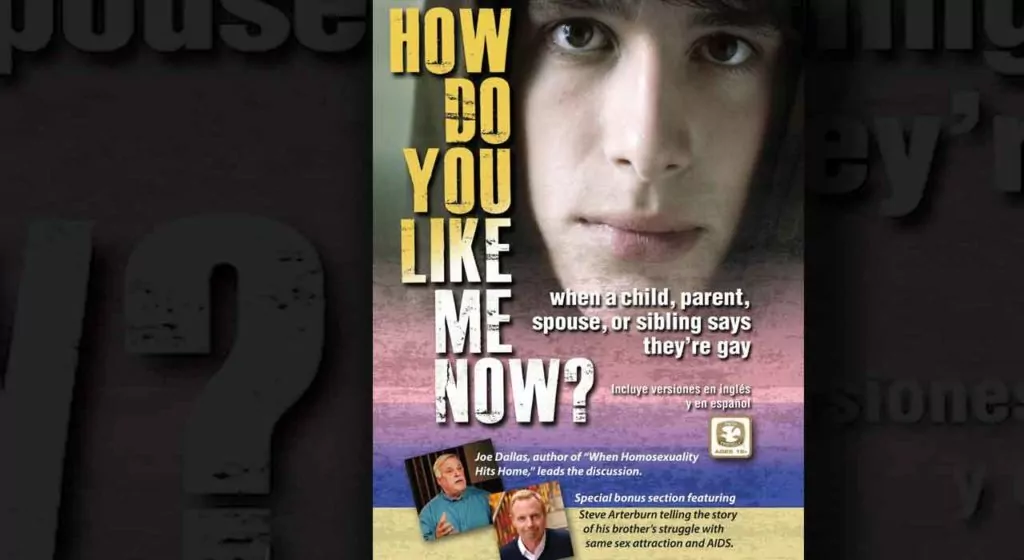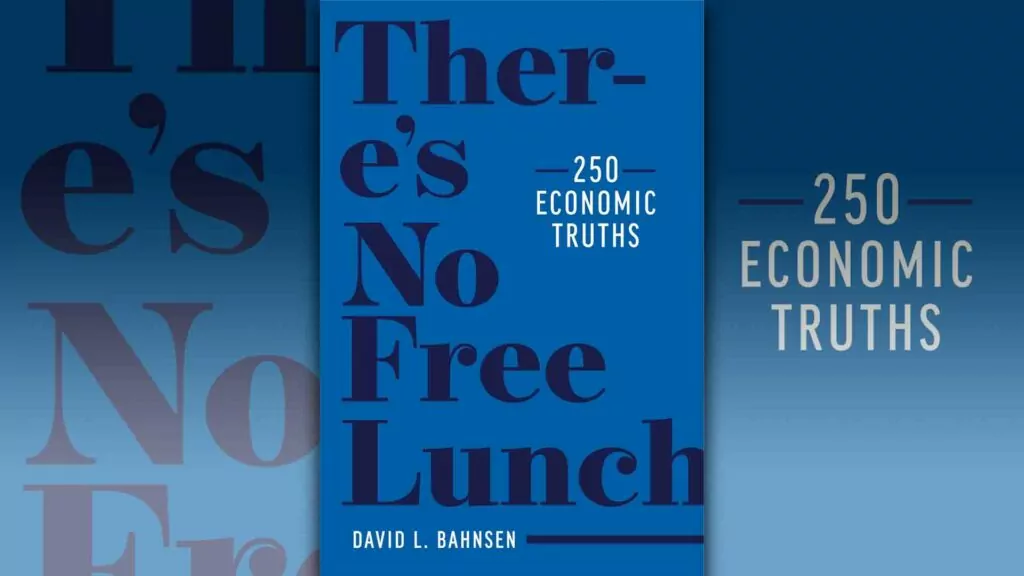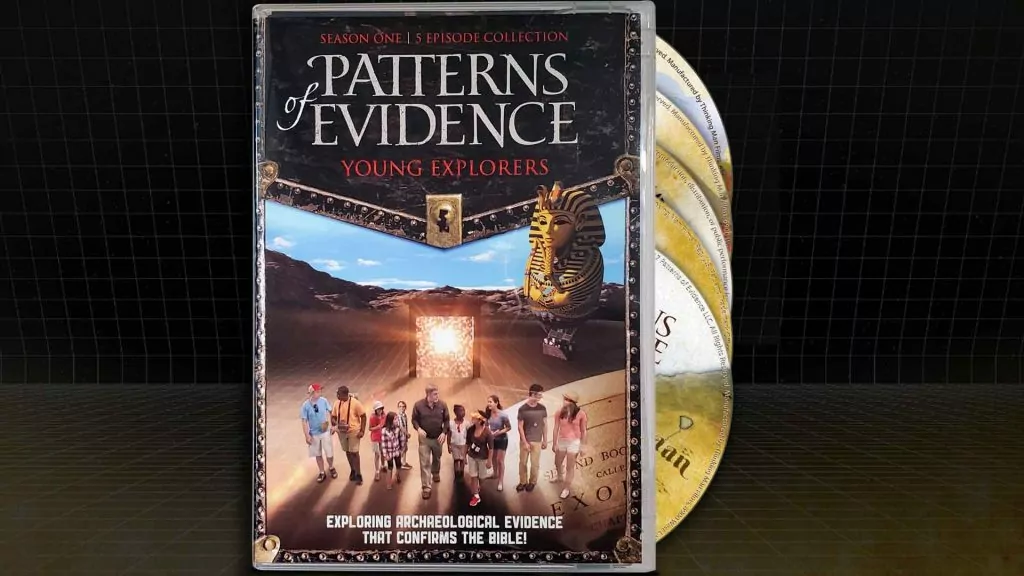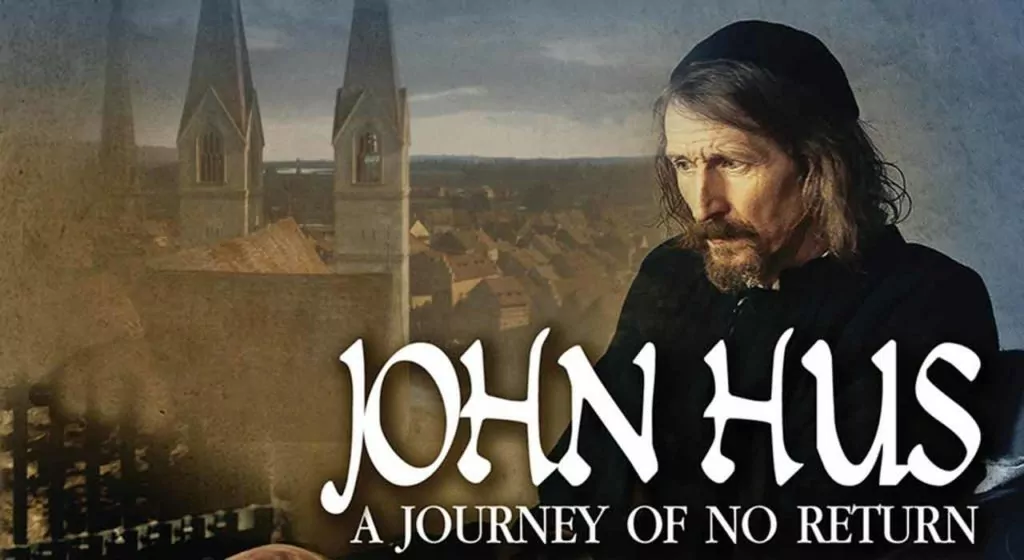What a Savior! Christ on the cross intercedes for his enemies
In Dr. Wes Bredenhof’s new book "Seven Wondrous Words" (available in Canada here, and in the US here) he shares Christ’s seven final conversations or “words” from the cross. In this excerpt he addresses the first, “The Word of Forgiveness” when Jesus says:
"Father, forgive them, for they know not what they do” (Luke 23:34a).
****
Perhaps you have heard of The Hunger Games. Some time ago, it was popular in the broader culture and controversial among Christians. The story involves a young woman named Katniss Everdeen. It is set in the future, in a time when the political landscape of North America has radically changed. It is now a country called Panem and there are twelve districts governed by a central region known as the Capitol. In years previous there had been a revolution. The revolution was violently overthrown by the Capitol and now as retribution each year the districts have to send two young people to the Capitol. The young people participate in a reality TV show that involves mortal combat. Only one can survive. There are all sorts of ways to view this story – which is to say there are many classic themes of literature.
For many people, one of the most moving moments in the story is right at the beginning. It takes place at what they call “the reaping.” This is where the two young people are chosen by a draw. Katniss Everdeen’s little sister Prim is chosen. The choice means certain death for Prim. She is young and does not stand a chance in the Hunger Games. So Katniss steps forward and takes her place. She essentially offers to die for her sister. She is the substitute. This is one of those classic themes I just mentioned – something that has always resonated with audiences and especially with those who have some familiarity with the gospel and the Savior who offers himself as a substitute for sinners.
But very much unlike the Savior, Katniss Everdeen is partly driven to survive by her rage against the system that brought her to the Hunger Games. Yes, she wants to survive for her sister and she tries to help others survive too – she has a sympathetic heart for the weak and helpless. But for her enemies in the Hunger Games she has no sympathy. Moreover, she also hates the people in charge and is filled with spite for them. She wants to destroy them. In this sense, she is a true daughter of fallen Adam and Eve.
What a difference from Christ as he hangs on the cross as our substitute! The first of his seven sayings on the cross is often called the Word of Forgiveness. We are going to reflect on the content of the prayer of Jesus, the reasons behind it, and the attitude driving it.
WHAT JESUS PRAYS
When describing the actual crucifixion of our Lord Jesus, Luke is extremely brief. Verse 33 simply says that when they had come to Golgotha (the place of the skull), “there they crucified him.” Luke wrote his gospel for a man named Theophilus. Luke takes it for granted that Theophilus knew what this involves. He lived in the Roman Empire and so he surely knew the drill for Roman crucifixion. Luke did not need to go into the details. He did not need to tell of how the rough cross was laid out on the ground, of how Jesus was thrown down onto it and nailed to it. Luke did not need to tell of how the cross was then lifted up, with Jesus nailed to it, and then dropped into a previously dug hole in the ground. Theophilus knew all that. People were crucified by Rome all the time.
As you might expect, it was customary for those who were crucified to die with some fairly foul words on their lips. The crucified would usually curse the Romans for their cruelty. They would usually curse the crowds watching and jeering. Under the best circumstances, someone might just die quietly without saying a word. But that would have been unusual. The more typical crucifixion involved crude words filled with hatred and anger.1
Realizing this makes Jesus’ first words on the cross all the more remarkable: “Father, forgive them, for they know not what they do.” In the Sermon on the Mount, Jesus said, “Love your enemies and pray for those who persecute you.” Now as he hangs on the cross, he does the very thing he taught. Even at this moment, he is being obedient to the will of God and doing so in our place. Yes, he is suffering to pay for our sins, but he is also still actively obedient in our place. There is overlap here between what theologians call the passive obedience of Christ (his suffering obedience) and his active obedience. But the thing to keep in the front of your mind here is that this is not just some tidbit of Bible trivia: Jesus prayed for his enemies, for those who persecuted him. It is something he did for you – in your place. His righteousness here, too, is imputed to you, which means that it is credited to your account. This is personal. Do not let that slip by you here. There is gospel encouragement in that for people who have failed in following God’s will in this. After all, it is so hard to love your enemies and pray for those who attack you. You may have failed in doing that, but Jesus did not and God looks at you through him. Your Father sees his Son and he sees you in him. You see, this is not just okay news, this is good news! This is grace.
“Father, forgive them, for they know not what they do.” Many questions come into our minds as we hear these words. Let me try and answer as many of them as I can. As we do, the wonder of grace here should become more apparent. First of all, who are “them” and “they”? Who is Jesus speaking about? Our thoughts would first go to the Roman soldiers who are standing by and getting their hands dirty in all this crucifixion cruelty. Certainly, they had no idea what was happening. They had little (if any) clue that they were torturing and killing the Lord of glory. Jesus asks the Father to forgive the Roman soldiers.
But does he also have the Jews in mind? To answer that, we could turn to Acts, which is part 2 of Luke’s historical work for Theophilus. In Acts 3:17, the apostle Peter tells a Jewish crowd in Jerusalem, “Now, brothers, I know that you acted in ignorance, as did your leaders.” Peter says that they did not know what they were doing. They understood it at some level, but in a real way they were just driven by what John Calvin called “inconsiderate zeal.”2 They were led on by their emotions. Perhaps there were some in which there was a wicked spirit and premeditation. With some there may have been knowledgeable intention, but not all. Many were caught up in the mob mentality. So, yes, it is fair to say that Jesus had Jews in mind too. As he was being crucified, many of the Jews and their leaders stood round to watch. Verse 35 even says it, “The people stood by watching, but the rulers scoffed at him…” So Jesus is asking the Father to forgive both the Romans and the Jews involved in his crucifixion, for they were sinning in ignorance and not with what the Old Testament called the uplifted hand.3
But what does it mean that Jesus asks the Father to forgive them? Can he even do that? Does that mean this sin was forgiven? In the Bible forgiveness is a transaction which removes an obstacle in a relationship. It involves a promise that the sin committed will never be brought up again and will never be used against the person who committed the sin. When describing God’s forgiveness, we find these powerful images in the Bible of God casting our sins into the depths of the sea (Micah 7:19) and removing them as far as the east is from the west (Ps. 103:12). God no more remembers our sins, which is to say, they are no longer a barrier to covenant fellowship (Jer. 31:34). That is what Jesus is asking for. However, in order for that to happen, there will have to be repentance. There will have to be a turning from the sin committed. That is what happens in Acts. When the Jews hear the preaching of the gospel at Pentecost and other occasions, some of them are cut to the heart. They ask, “Brothers, what shall we do?” Peter says, “Repent and be baptized, every one of you in the name of Jesus Christ for the forgiveness of your sins…” We can say this happened because of the preaching of the apostles. We can say this happened because of the work of the Spirit. However, we can also say all this ultimately happens because of the prayer of Christ on the cross. Jesus asks the Father to forgive them, which means he was asking the Father to set the wheels in motion so that all the pieces would later fall together so that they would repent and believe. Many did – thousands, in fact. They repented and sought the forgiveness of sins in the blood of Jesus and received that forgiveness from God.
Now probably another burning question has to do with what we are to do with this. Can we pray to the Father for the forgiveness of those who hurt us? To answer that we ought to think about our relationship to Jesus Christ. The Bible describes that relationship in several ways. One is found in John 15:5 where Jesus says he is the vine and we are the branches. This pictures our spiritual union with Christ through the Holy Spirit and faith. If we are truly united to him, then our lives ought increasingly to reflect his. Another important picture of our relationship with Jesus is that of a Master and his disciples. All Christians are disciples of Jesus Christ. It is crucial to recognize that the biblical notion of discipleship includes following the example of the Master. Jesus reflects this in John 13:34-35:
…just as I have loved you, you also are to love one another. By this all people will know that you are my disciples, if you have love for one another.
Therefore, being a disciple of Jesus means becoming like him.
Union with Christ and discipleship are two key ways to consider application here in Luke 23:34. These sorts of notions are in the background of what the Holy Spirit says in 1 Peter 2:21-23:
For to this you have been called, because Christ also suffered for you, leaving you an example, so that you might follow in his steps. He committed no sin, neither was deceit found in his mouth. When he was reviled, he did not revile in return; when he suffered, he did not threaten, but continued entrusting himself to him who judges justly.
To see an example of that in action, we can turn to Acts 7:59-60. When Stephen is being stoned, as he is dying, he echoes Jesus’ words. He prays to Jesus, “Lord Jesus, receive my spirit. Lord, do not hold this sin against them.” He prays in almost the exact same way as his Savior. He has a forgiving and gracious spirit. His heart has been touched by God’s grace in Christ and he cannot die like so many others, with words of bitterness and cursing on his lips. Christ prayed for his enemies, Stephen prayed for his enemies, Christians are to pray for their enemies. In union with Christ and as his disciples, we are to pray that they would be brought to forgiveness through the blood of Christ. The Word of God calls us to this stance of grace towards those who might hate us and would hurt us.
WHY JESUS PRAYED THIS
“Father, forgive them, for they know not what they are doing.” Why did he pray this? In the first place, it was to fulfill Old Testament prophecy. Isaiah 53:12 speaks of substitution: “For he bore the sin of many,” but then it also speaks of prayer, “and makes intercession for the transgressors.” Our Lord Jesus knew this prophecy and he knew this was what was needed. He made intercession for sinners – he spoke up on their behalf before the throne of God.
That brings us to the second reason why he spoke these words: to magnify his grace and love for us. Jesus is portrayed here as the priest making intercession for sinners still lost in their sin and still under sin’s condemnation. That reminds us that he cares about us long before we make any moves towards him. Quite remarkably, Scripture even tells us that Jesus prays for those who do not yet believe. Sometimes we have this idea that, at the right hand of God, Jesus’ ministry of intercession only involves people who already believe. We have this idea that he only prays for Christians and speaks up on their behalf. Yet that is actually unbiblical. He said in John 17:20 that he also prays for those who will yet come to faith through the preaching of the gospel. When did Jesus begin praying for you? As soon as you became self-consciously committed to him, whenever that was? No, he has been praying for you all along, praying along the same lines as what we find in Luke 23:34. He has been praying that you would find grace and forgiveness in his sacrifice once offered on the cross! You see, his grace is far more wondrous than we often realize. He spoke these words on the cross to bring us to the realization of that. He wants us today to see the deep, deep love of Jesus, so we would love him in return and long to live for his glory.
A third reason why he prays here has to do with where he is in his ministry. He is at the end of his three years of preaching and teaching. It began with prayer back in Luke 3:21 and now it ends with prayer.4 In fact, it must end with prayer. There is nothing else he can do. That hands that healed are nailed to the cross. The feet that traveled from town to town preaching are nailed to the cross. There is no more room in any synagogue for him and certainly not in the temple. What is left for him? He can only pray and that is what he does. When he cannot do anything else, he prays. That is powerful enough. When everything else is stripped away, there often still remains the possibility to pray. And prayer should never be underestimated.
Jesus’ prayer was answered beautifully in the book of Acts. We are united to Christ through faith, and as we pray, we can also do so with the hope and expectation that our prayers will be answered. There may not be anything else we can do but pray, but God will hear and answer. Maybe not always in the way we asked or expected, but his promises are sure. He always hears and answers prayer offered in the name of Christ. You can count on it.
HOW JESUS PRAYED THIS
That brings us last of all to consider his manner in this prayer. I can be even briefer on this point, because it should be obvious from everything else. This prayer is drenched in wondrous grace. There is amazing grace, even if his oppressors are ignorant of what they are doing, even if they do not fully comprehend the extent of their evil, and even if they are still violent and bloodthirsty. What do these Roman soldiers deserve from God’s hand except his wrath? What are the wages for the sin of these Jewish crowds and their leaders? Do they not deserve death? Could not Jesus justly call down bolts of lightning from the sky to incinerate them on the spot? He could stop the wind and the waves, could he not do the reverse and call in a tornado to give these sinners a taste of what they have coming? They deserve all that and worse. They deserve the cup of hell he is drinking. But instead, he utters words of mercy: “Father, forgive them, for they know not what they are doing.” It is truly amazing when you stop and think about it. We hear forgiveness prayed for those sneering, for those mocking, for those nailing, for those stripping him naked. Grace for those hurling insults and taunting him. Mercy for those whose commitment to him flags and fails. For me – and you. He does not return evil for evil. What a Savior!
Now you may be thinking: was this not the same Jesus who preached woes against the Jews in the Olivet discourse? In Mark 13 and Matthew 24, Jesus prophesied the fall of Jerusalem in 70 A.D. and the terrible covenant curses that would fall on the Jews for their unbelief. How does all of that tie into the first word from the cross? Note well: the fall of Jerusalem did not take place right away. In his mercy, God delayed. God gave the Jews some forty years to hear the gospel of grace. They were given much time to repent and believe. Some did. They found forgiveness in the blood of Christ and while the covenant curses raining down around them affected them, they were not directed at them, nor did they have any relationship to their eternal destiny. The central thing to remember is that God gave time. In reply to Christ’s prayer, God mercifully gave room for the preaching of the gospel to be heard among all the Jews following Pentecost. The dreadful covenant curses fell on those who remained in unbelief.
“Father, forgive them, for they know not what they are doing.” This first wondrous word from the cross is a word of grace. In this prayer, you can see what your Savior is all about. As he enters into the darkness of our curse, he says, “Remember that I practice what I preach. I preach grace and I embody grace.” His grace and mercy are for you. He uttered these words in obedience for your benefit, so that you are declared righteous by God and can stand before him without fear of condemnation at the Day of Judgment. He also spoke these words to show us, who are united to him, how we are to be a gracious people, even with those who seem to have it in for us. We see grace here and how to respond to grace with more grace. All of that results in praise and glory for the God of grace and our Savior.
“Seven Wondrous Words” is available in Canada at The Study (thestudy-books.com), in the USA at Amazon.com and in Australia at Amazon.com.au.
QUESTIONS FOR REFLECTION AND DISCUSSION
Can you think of other examples from Scripture and church history of believers reflecting their union with Christ in forgiving their oppressors as he did?
Arthur Pink asserts that Peter’s eloquence was not the cause of the conversion of the 3000 on the day of Pentecost. Rather, he insists, it was the prayer of Christ. What is your evaluation of this assertion?
Why is it so challenging for us to adopt the forgiving attitude of our Savior in Luke 23:34? What does Scripture say about this in passages like Matthew 18:21-34?
Is it legitimate to conclude that in the first word from the cross, our Lord Jesus was only praying for the elect? Why or why not?
As we saw above, Christ’s prayer effected a delay in God’s judgment over the unbelieving Jews. Does this relate to the preaching of the gospel inside and outside the church in our day? If so, how?
ENDNOTES
1 Tom Wright, Luke For Everyone (Louisville: Westminster John Knox Press, 2001), page 284.
2 John Calvin, Commentary on a Harmony of the Evangelists (Vol. 3) (Grand Rapids: Baker Book House, 1979 reprint), page 301.
3 Numbers 15 makes a distinction between sin committed unintentionally (Num. 15:22,27) and sin committed “with a high hand” (Num. 15:30).
4 Arthur W. Pink, The Seven Sayings of the Saviour on the Cross (Grand Rapids: Baker Book House, 1958), page 9.
...

































































